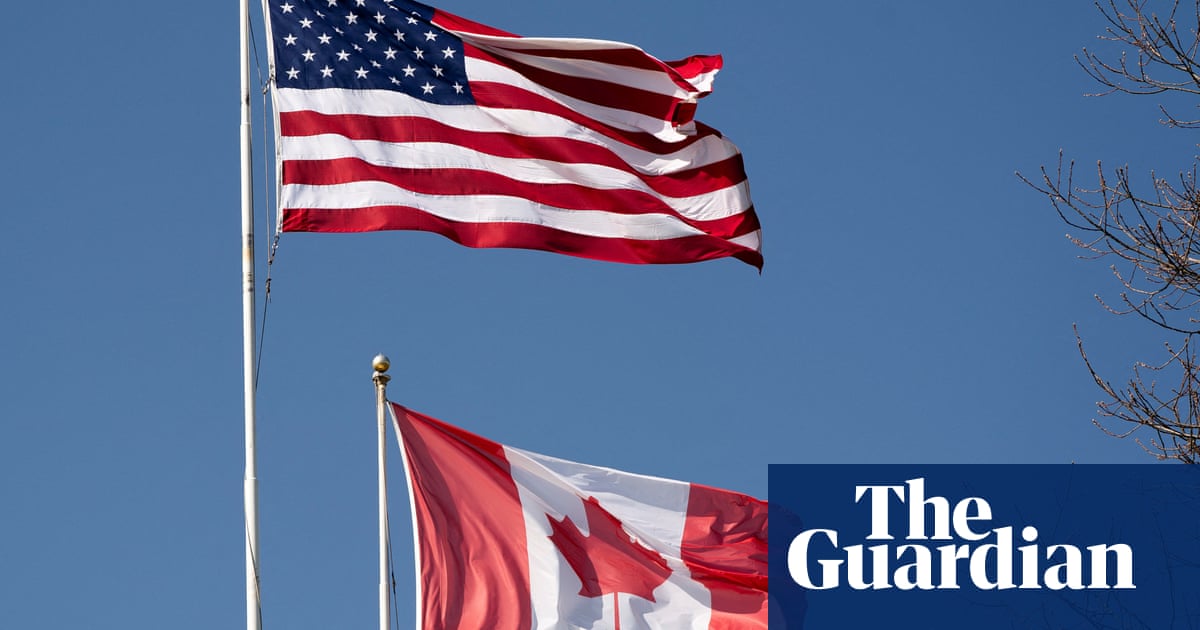A majority of Canadians hold unfavourable views towards the United States, their closest ally, as frustration over trade policy and threats toCanada’s sovereignty persist.
Canada’s growing dislike of its closest trading partner mirrors a shared skepticism in other G7 countries, according to a new poll that finds thatAmericans like their allies far more than those nations approve of the US.
The results come as Canadians maintain boycotts of American goods and avoid travel to the US in response to tariffs imposed byDonald Trump’s administration. But the results of the survey also show the challenge forMark Carneyas the Canadian prime minister seeks to ease tensions between the two economically entwined nations.
According to the newly released study from the Pew Research Center, a majority of Americans see the other G7 countries favourably. More than seven in 10 have positive views of Japan (77%), Canada (74%), Italy (74%) and the UK (70%).
Those finds come as leaders from those nations prepare to meet in the Canadian province of Alberta later this week for the G7 summit.
But those feelings of goodwill are not reciprocated.
Populations in all of the G7 countries hold more skeptical views towards the United States, with the largest decrease in favorability toward the US among G7 countries coming fromCanada. Only one-third of Canadians (34%) think positively of their southern neighbour today, compared with 54% last year.
Sixty-four percent of Canadians now hold unfavourable views of the US, and nearly 40% say they holdveryunfavourable views of their neighbour, up from 15% who felt that way last year.
Canadian wariness towards the United States is also reflected in new travel data from Statistics Canada, which found return trips by air fell nearly 25% in May 2025 compared with the same month in 2024. Canadian-resident return trips by automobile dropped by nearly 40% – the fifth consecutive month of year-over-year declines.
Carney crafted his successful federal election campaign around a patriotic defiance against the US president’s threats to the nation’s sovereignty. Carney also used his first post-election press conference to once again quash any idea Canada was interested in becoming the 51st US state, a proposal repeatedly floated by Trump.
Sign up toHeadlines US
Get the most important US headlines and highlights emailed direct to you every morning
after newsletter promotion
Apositive meeting between the two leaders at the White Housein May buoyed hopes among business leaders and diplomats the pair could break the impasse over tariffs. Those fears were dashed after Trump doubled tariffs on Canadian steel and aluminum.
Earlier this week, Carney announced Canada would spend far more on its defence budget – a key ask of Trump – while at the same time underscoring his government’s pledge to reduce reliance on the United States.
“We stood shoulder to shoulder with the Americans throughout the cold war and in the decades that followed, as the United States played a dominant role on the world stage,” he said. “Today, that dominance is a thing of the past.”
